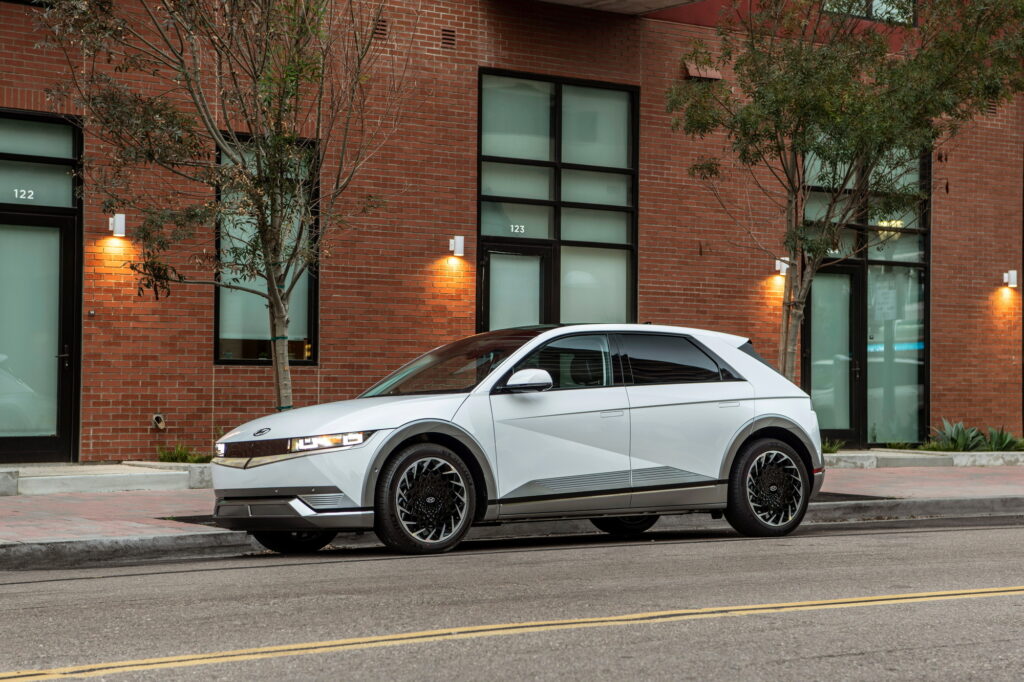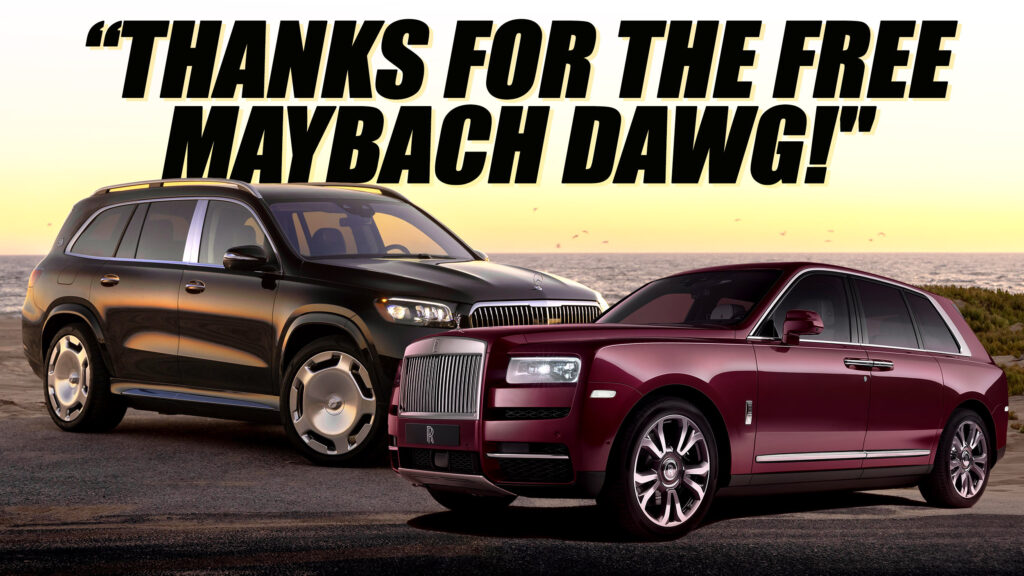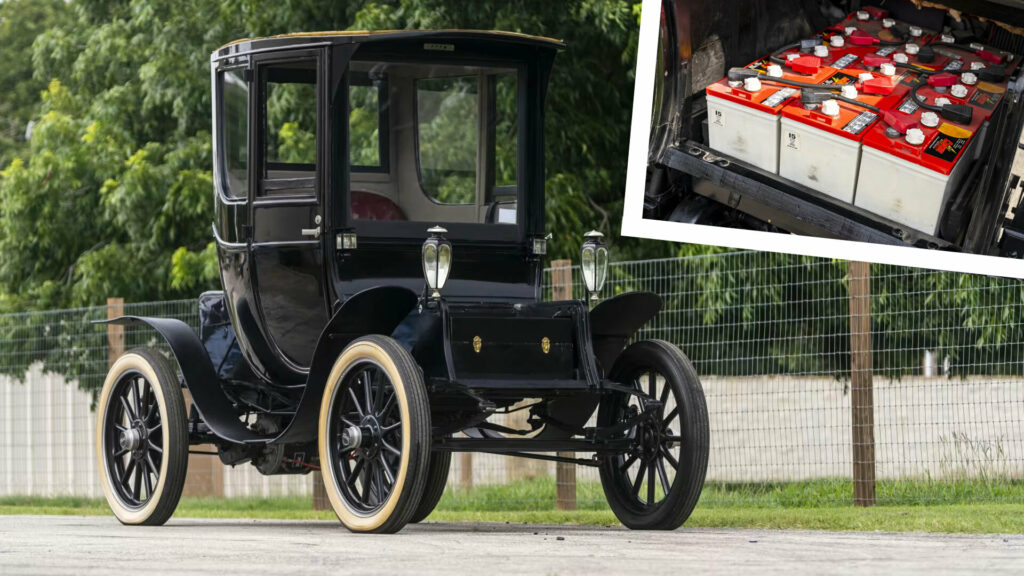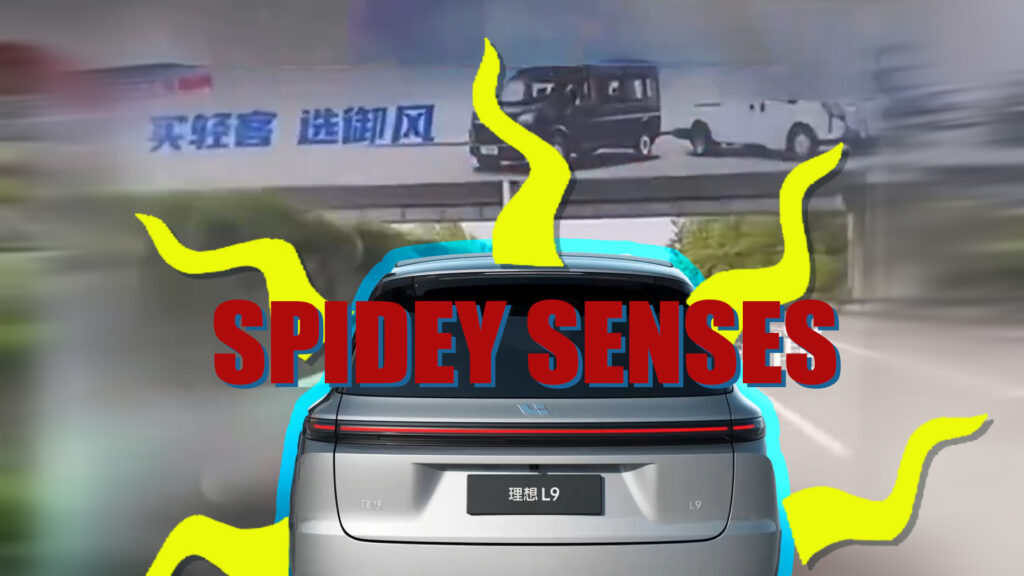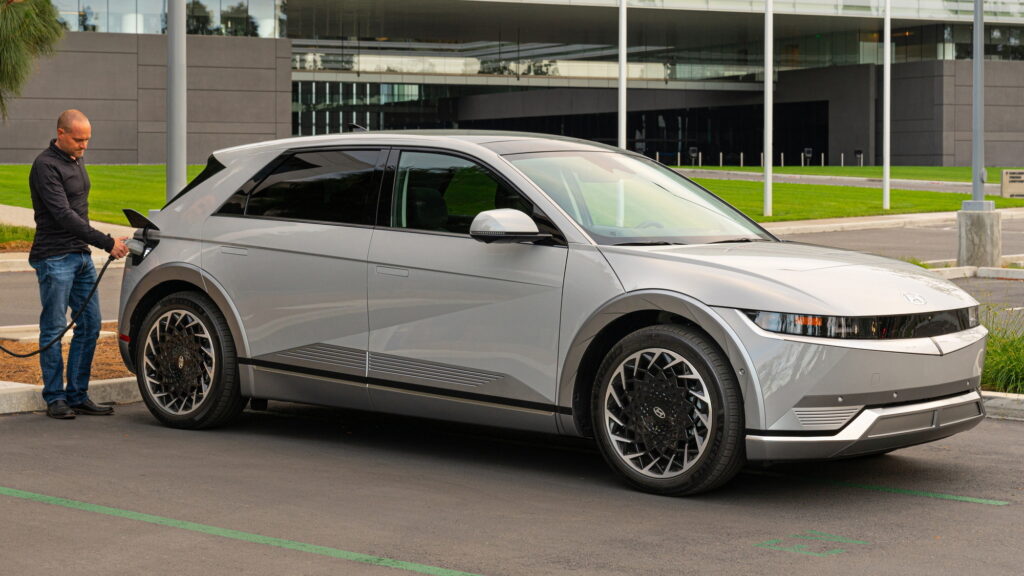Following a series of announcements from other automakers, Hyundai now says it is considering opening its vehicles up to the North American Charging Standard (NACS), the plug standard championed by EV giant Tesla.
Before it decides if it will jump onto the NACS bandwagon, it needs some assurances from Tesla. Its CEO, Jaehoon Chang, said this week that its first concern is charging speed, which is perhaps the only area where the Combined Charging System (CCS) standard that it currently uses can outperform NACS.
“That’s what we will look into from the customer’s perspective,” Chang said during Hyundai‘s investor day, reports Reuters. The automaker plans to ask if Tesla’s chargers can be allowed to operate at higher voltages for its vehicles.
Read: GM Joins Ford In Adopting Tesla’s Supercharger Standard
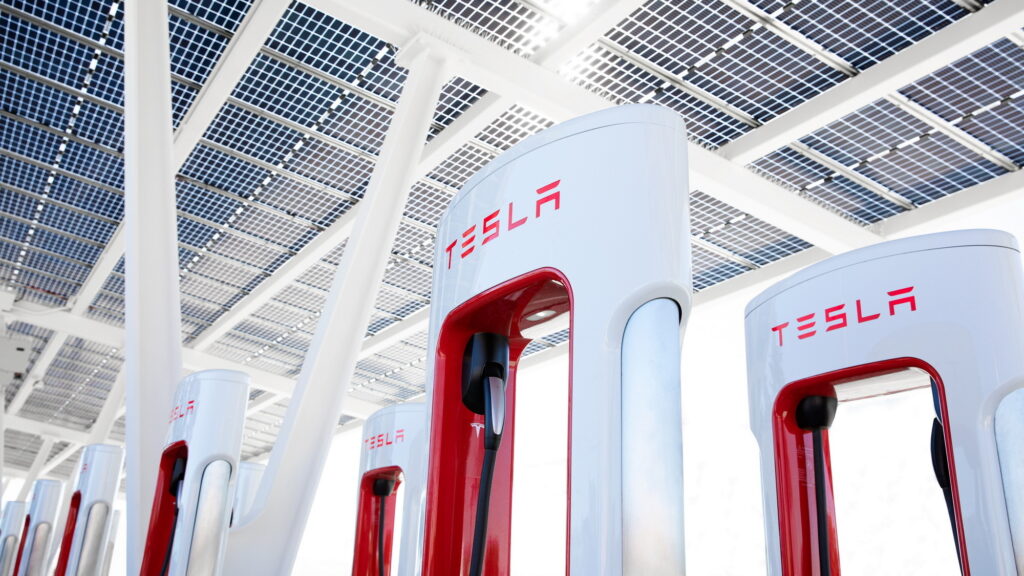
That’s because its vehicles’ 800-volt architecture allows for faster charging. The Supercharger network cannot operate at such high voltages yet. The automaker is working on a Megawatt charging system for its Semi and Cybertruck, which may be of interest to automakers such as Hyundai.
Despite the lower power of its existing infrastructure, Tesla’s charging network is the most highly rated in America. Whereas charging networks using the CCS standard in North America have been plagued with downtime and unreliability, Superchargers have remarkable uptime, and make up roughly 60 percent of all stations in the U.S.
While some analysts worry that the switch to NACS will isolate North American EVs from the rest of the world, where CCS is much more common, Tesla’s reliability has made NACS attractive to companies like Ford, GM, and Rivian, all of whom have announced they will adopt the standard in the coming years.
That’s likely to make NACS plugs even more common in the near future, and has buoyed Tesla’s stock. The company’s shares are up more than 40 percent since May, when Ford announced that it would back the standard.
